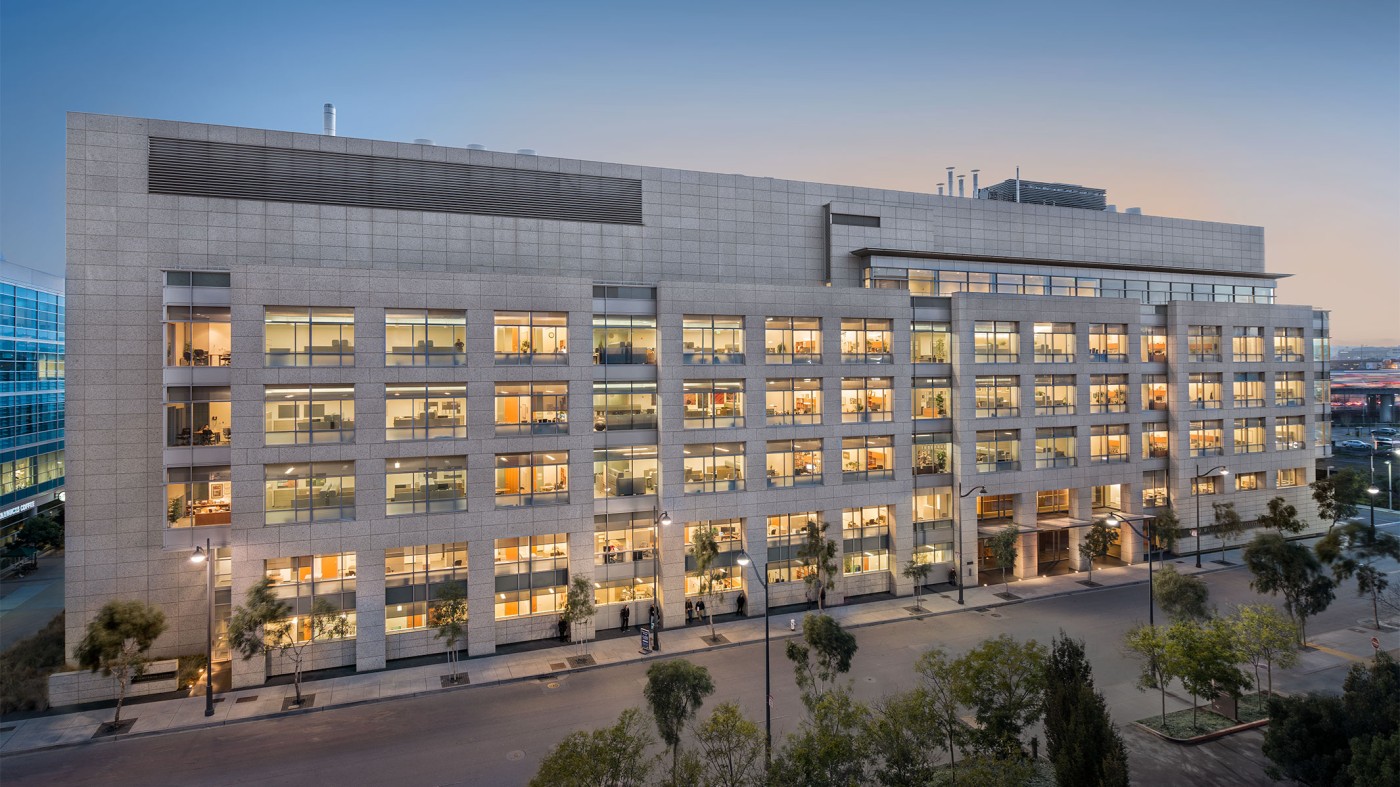Gladstone NOW: The Campaign Join Us on the Journey✕

SAN FRANCISCO, CA—Gladstone President R. Sanders "Sandy" Williams, MD, will receive the ARCS Foundation’s 2012 Pacesetter Award next week for his lifelong dedication to furthering education and his extensive contributions to science and medicine. Dr. Williams will be presented with the award at the Foundation’s Northern California Chapter annual Scholar Awards Luncheon, to be held at San Francisco’s Fairmont Hotel on November 5th.
The ARCS Foundation provides awards to academically outstanding U.S. citizens studying science, engineering and medical research. The luncheon will honor and celebrate ARCS Foundation Scholars, recognize the ARCS Foundation Northern California Chapter’s donor community and acknowledge the scholars’ universities. Dr. Williams will give the luncheon’s keynote address, which will focus on the diversity of exciting opportunities in both academia and industry open to science graduates.
“Dr. Williams and the Gladstone Institutes represent excellence and the spirit of cooperation that is so essential to research in science, technology and medicine in the global world in which we now live,” said Sheila Larson, co-president of the Northern California Chapter of the ARCS Foundation.
In accepting the Pacesetter Award, Dr. Williams joins the ranks of other preeminent San Francisco Bay Area executives that ARCS has also honored. Paul Otellini, President and COO of Intel, John Chambers, President and CEO of Cisco Systems and Susan Desmond-Hellmann, Chancellor of the University of California, San Francisco (UCSF, with which Gladstone is affiliated) are previous recipients of the Pacesetter Award.
“I am deeply honored to have received this recognition from the ARCS Foundation and humbled to be in the company of some of the Bay Area’s most prominent business and science leaders,” said Dr. Williams, who is the Robert W. and Linda L. Mahley Distinguished Professor at Gladstone and a professor of medicine at UCSF. “ARCS is a remarkable organization that helps talented individuals with a passion for science pursue their dreams in research, education and business—something that we strive to do with the more than one hundred young scientists we train at Gladstone each year.”
Dr. Williams spent much of his medical career caring for patients who have suffered from heart attacks or heart failure. As a scholar and scientist, Dr. Williams discovered genes, proteins and pathways that control the biochemical and physical properties of heart and muscle cells. His research defined basic principles of how these cells adapt to changing physiological demands.
Prior to joining Gladstone as its president in 2010, Dr. Williams served as Dean of the School of Medicine and Senior Vice Chancellor at Duke University for nine years. At Duke, Dr. Williams led the School of Medicine during a period notable for its ascendance from 11th to 2nd in the national rankings of NIH-grant support, a near doubling of its annual budget to more than $800 million, the addition of six new academic buildings, the first appointments of department chairs who are female or African-American and the founding of successful multidisciplinary institutes in genome sciences, brain sciences, global health and translational medicine. As an educator, he was founding Dean of the Duke-NUS Graduate Medical School of Singapore, and has served as primary mentor to more than 40 graduate students and postdoctoral fellows.
A member of the Institute of Medicine of the National Academy of Sciences, Dr. Williams has long promoted academic-industry relationships in the public interest. Under his leadership, Gladstone has established industry collaborations for the purpose of finding new solutions for patients suffering from, or at risk for, diseases that are currently intractable. Currently, he serves on the boards of directors of Bristol-Myers Squibb and Laboratory Corporation of America.
Dr. Williams was educated and received postdoctoral training in public and international affairs, internal medicine, cardiology, biochemistry and molecular biology at Princeton University, Duke University, Harvard University (Massachusetts General Hospital), Oxford University and the Cold Spring Harbor Laboratory.

